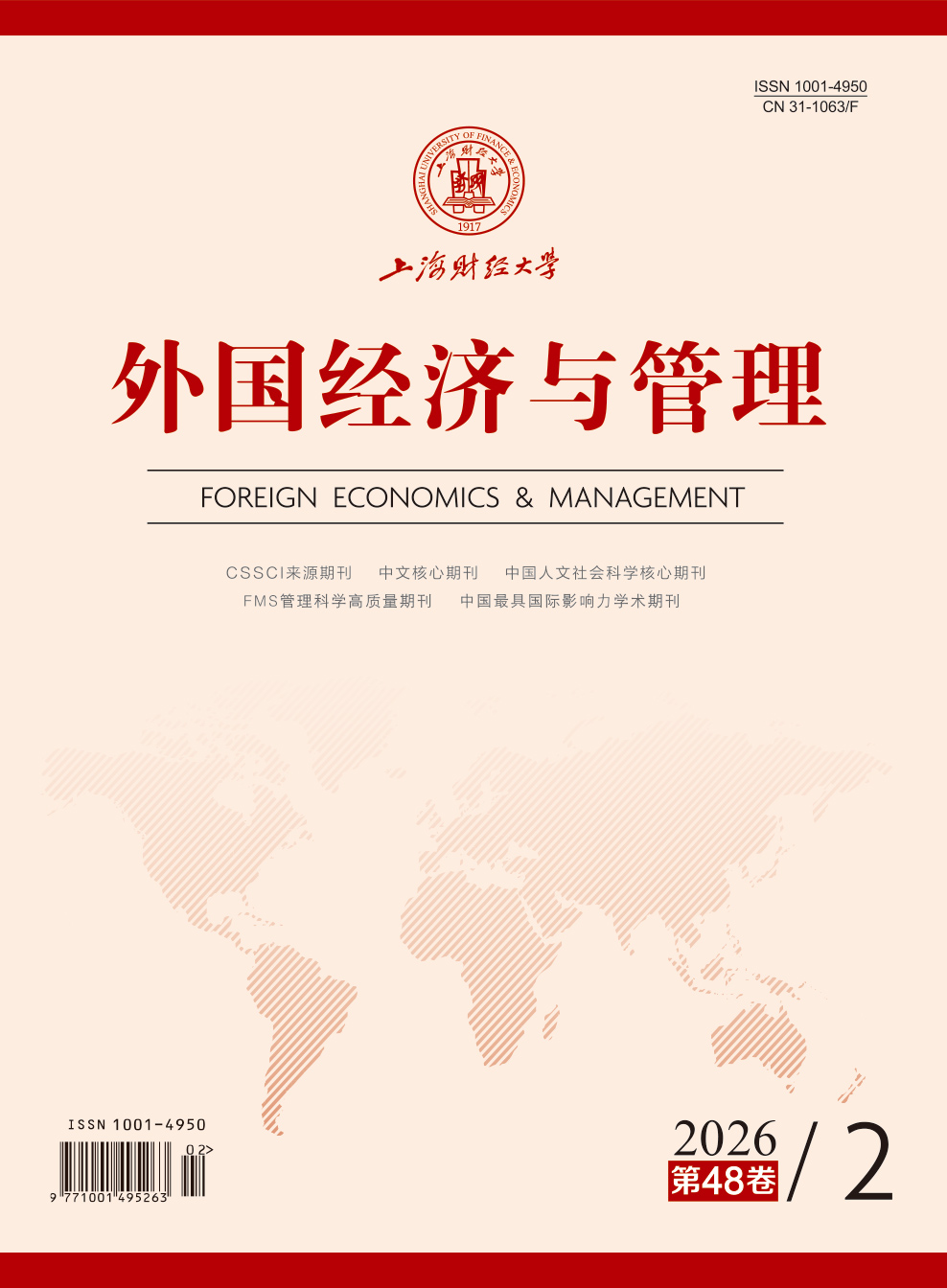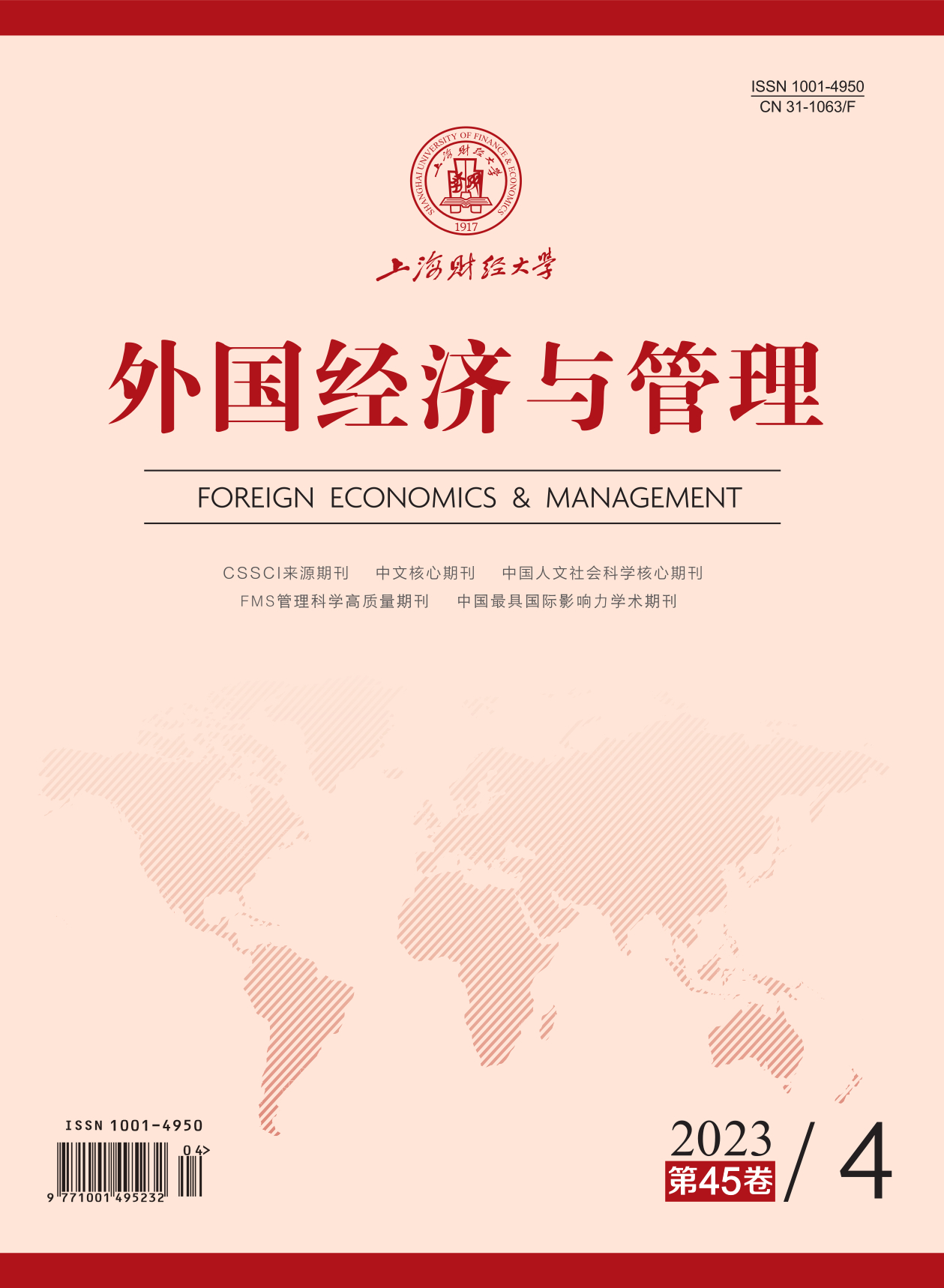励志故事容易唤起消费者的情感共鸣,是企业较为偏爱的一种营销故事类型。但现有研究对励志故事的构建维度区分关注不够,对其如何影响功能vs.享乐产品偏好尚无定论。本文基于心理模拟理论视角,探究过程励志故事对消费者产品类型偏好的影响及其机制。文章通过系列实验证实:相比非过程励志故事,过程励志故事能够激发消费者关于目标实现过程的代入性想象,使消费者产生过程(vs.结果)心理模拟,并强化其自我提升动机,最终令消费者更加偏爱功能品。这一过程受到消费者认知负荷水平的调节:在高认知负荷条件下,消费者认知资源受限,心理模拟过程被阻断,上述效应消失。本研究深化了励志故事和产品类型偏好的相关理论,对企业依据产品类型进行针对性励志故事构建具有实践指导意义。
“逆袭之路”:过程励志故事对消费者产品类型偏好的影响
摘要
参考文献
7 Allard T, White K. Cross-domain effects of guilt on desire for self-improvement products[J]. Journal of Consumer Research,2015, 42(3): 401-419. DOI:10.1093/jcr/ucv024
8 Castaño R, Sujan M, Kacker M, et al. Managing consumer uncertainty in the adoption of new products: Temporal distance and mental simulation[J]. Journal of Marketing Research,2008, 45(3): 320-336. DOI:10.1509/jmkr.45.3.320
9 Chang C C. How branded videos can inspire consumers and benefit brands: Implications for consumers’ subjective well-being[J]. Journal of Advertising,2020, 49(5): 613-632. DOI:10.1080/00913367.2020.1806153
11 Chitturi R, Raghunathan R, Mahajan V. Delight by design: The role of hedonic versus utilitarian benefits[J]. Journal of Marketing,2008, 72(3): 48-63. DOI:10.1509/JMKG.72.3.048
12 Cian L, Longoni C, Krishna A. Advertising a desired change: When process simulation fosters (vs. hinders) credibility and persuasion[J]. Journal of Marketing Research,2020, 57(3): 489-508. DOI:10.1177/0022243720904758
13 Critcher C R, Lee C J. Feeling is believing: Inspiration encourages belief in god[J]. Psychological Science,2018, 29(5): 723-737. DOI:10.1177/0956797617743017
14 Das M, Saha V, Roy A. Inspired and engaged: Decoding MASSTIGE value in engagement[J]. International Journal of Consumer Studies,2022, 46(3): 781-802. DOI:10.1111/ijcs.12726
15 Dhar R, Wertenbroch K. Consumer choice between hedonic and utilitarian goods[J]. Journal of Marketing Research,2000, 37(1): 60-71. DOI:10.1509/jmkr.37.1.60.18718
16 Escalas J E. Imagine yourself in the product: Mental simulation, narrative transportation, and persuasion[J]. Journal of Advertising,2004, 33(2): 37-48. DOI:10.1080/00913367.2004.10639163
17 Escalas J E, Luce M F. Understanding the effects of process-focused versus outcome-focused thought in response to advertising[J]. Journal of Consumer Research,2004, 31(2): 274-285. DOI:10.1086/422107
18 Green M C, Brock T C. The role of transportation in the persuasiveness of public narratives[J]. Journal of Personality and Social Psychology,2000, 79(5): 701-721. DOI:10.1037/0022-3514.79.5.701
19 Jiang Y W, Gorn G J, Galli M, et al. Does your company have the right logo? How and why circular-and angular-logo shapes influence brand attribute judgments[J]. Journal of Consumer Research,2016, 42(5): 709-726. DOI:10.1093/jcr/ucv049
20 Liang J P, Chen Z X, Lei J. Inspire me to donate: The use of strength emotion in donation appeals[J]. Journal of Consumer Psychology,2016, 26(2): 283-288. DOI:10.1016/j.jcps.2015.09.001
21 Lockwood P, Kunda Z. Superstars and me: Predicting the impact of role models on the self[J]. Journal of Personality and Social Psychology,1997, 73(1): 91-103. DOI:10.1037/0022-3514.73.1.91
22 McGinnis L P, Gentry J W. Underdog consumption: An exploration into meanings and motives[J]. Journal of Business Research,2009, 62(2): 191-199. DOI:10.1016/j.jbusres.2008.01.026
23 Milyavskaya M, Ianakieva I, Foxen-Craft E, et al. Inspired to get there: The effects of trait and goal inspiration on goal progress[J]. Personality and Individual Differences,2012, 52(1): 56-60. DOI:10.1016/j.paid.2011.08.031
24 Oettingen G, Mayer D, Thorpe J S, et al. Turning fantasies about positive and negative futures into self-improvement goals[J]. Motivation and Emotion,2005, 29(4): 236-266. DOI:10.1007/s11031-006-9016-y
25 Paharia N, Keinan A, Avery J, et al. The underdog effect: The marketing of disadvantage and determination through brand biography[J]. Journal of Consumer Research,2011, 37(5): 775-790. DOI:10.1086/656219
26 Park C W, Eisingerich A B, Park J W. Attachment–aversion (AA) model of customer–brand relationships[J]. Journal of Consumer Psychology,2013, 23(2): 229-248. DOI:10.1016/j.jcps.2013.01.002
27 Pham L B, Taylor S E. From thought to action: Effects of process-versus outcome-based mental simulations on performance[J]. Personality and Social Psychology Bulletin,1999, 25(2): 250-260. DOI:10.1177/0146167299025002010
28 Sedikides C. A multiplicity of motives: The case of self-improvement[J]. Psychological Inquiry,1999, 10(1): 64-65. DOI:10.1207/s15327965pli1001_10
29 Shen H, Zhang M, Krishna A. Computer interfaces and the “direct-touch” effect: Can iPads increase the choice of hedonic food?[J]. Journal of Marketing Research,2016, 53(5): 745-758. DOI:10.1509/jmr.14.0563
30 Sweller J. Cognitive load during problem solving: Effects on learning[J]. Cognitive Science,1988, 12(2): 257-285. DOI:10.1207/s15516709cog1202_4
31 Taylor S E, Schneider S K. Coping and the simulation of events[J]. Social Cognition,1989, 7(2): 174-194. DOI:10.1521/soco.1989.7.2.174
32 Thrash T M, Elliot A J. Inspiration as a psychological construct[J]. Journal of Personality and Social Psychology,2003, 84(4): 871-889. DOI:10.1037/0022-3514.84.4.871
33 Thrash T M, Elliot A J. Inspiration: Core characteristics, component processes, antecedents, and function[J]. Journal of Personality and Social Psychology,2004, 87(6): 957-973. DOI:10.1037/0022-3514.87.6.957
34 ÜLküMen G, Thomas M. Personal relevance and mental simulation amplify the duration framing effect[J]. Journal of Marketing Research,2013, 50(2): 194-206. DOI:10.1509/jmr.10.0172
35 Zhao M, Hoeffler S, Zauberman G. Mental simulation and product evaluation: The affective and cognitive dimensions of process versus outcome simulation[J]. Journal of Marketing Research,2011, 48(5): 827-839. DOI:10.1509/jmkr.48.5.827
引用本文
胡桂梅, 柳武妹, 刘红艳. “逆袭之路”:过程励志故事对消费者产品类型偏好的影响[J]. 外国经济与管理, 2023, 45(4): 70-87.
导出参考文献,格式为:





 6340
6340  6492
6492

